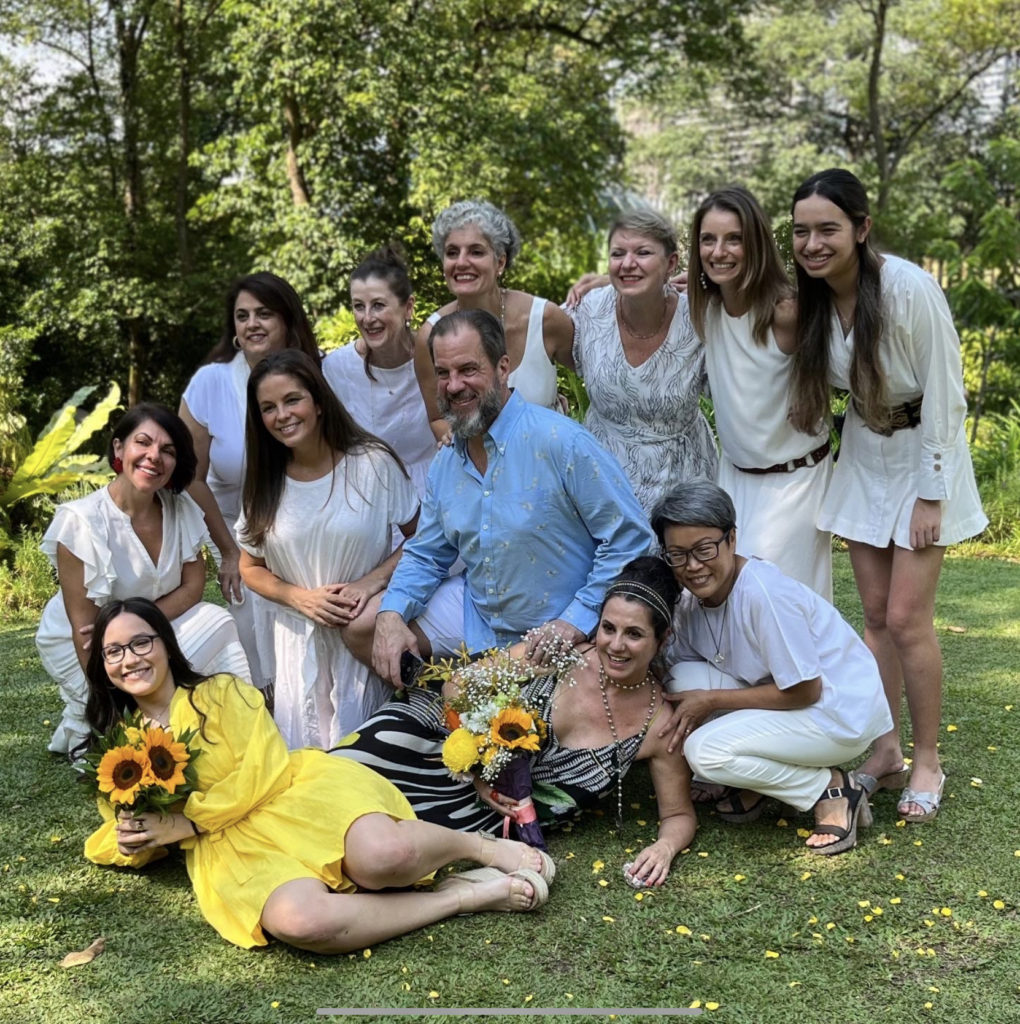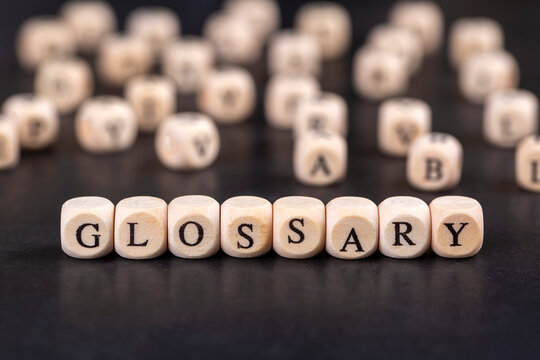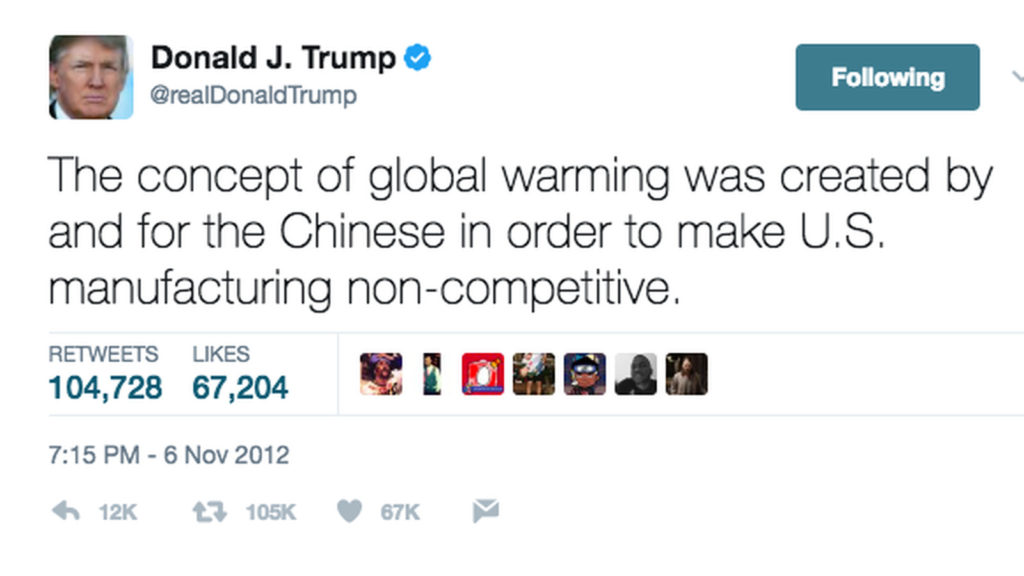
This photo was taken at my mother’s wedding on the 1st of June.
This is her third marriage.
According to the Oxford Dictionary, knowledge is the understanding of or information about a subject you get from experience or study, either known by one person or by people generally.
Belief describes the feeling of being certain that something exists or is true. Lastly, the word opinion is a thought or belief about something or someone
In my opinion, I believe that knowledge is everything. From listening to something on the radio to a friend telling you a story no matter the situation, you gain information, beliefs and opinions from those experiences.
Noting back to this photograph, according to the Christian Religion, once you marry someone, you are to “Love and cherish them for all eternity until death does us part”.
However, my dad is definitely not dead.
I know that my mom is happier in this marriage; I believe that my parents couldn’t have worked out, and in my opinion, I’m certain that remarrying is not a bad thing.
I believe that although each of these words has different meanings, they all come together to form one viewpoint and personality. If someone lacks one, they won’t have completed their full potential.
So if they are all connected, how can we distinguish the differences between each word?
Knowledge is everything. This includes opinion and belief, but these two words can be distinguished. This is because opinion has a reason behind it, while belief is true to you and not based on opinions or facts.
For example, in religion, you believe something is true without further facts. This could be the reason why many people go by the fact of only marrying once, even if it means you’re not happy within that relationship. They are willing to sacrifice happiness for what they believe in.
In conclusion, knowledge is an umbrella term for everything you think, believe and have an opinion on.
Even the dictionary mentions the word belief while describing what an opinion is.






